Blog
June 16, 2020 | The Truth about Plastic Bag BansSeveral studies have emerged challenging the effectiveness of plastic bag bans. These studies and their coverage in the media are causing some confusion among consumers and legislators. We want to set the record straight, as studies critiquing plastic bag bans don’t account for the broader scope of plastics. | 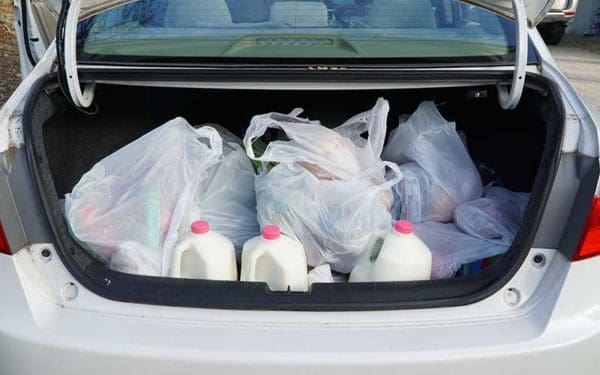 |
June 16, 2020 | Burning Medical Waste is a Toxic BusinessA proposed medical waste facility in West Warwick would collect and burn waste from healthcare facilities across New England. But we have a responsibility to protect the health and safety of our communities and environment. Now is not the time for Rhode Island to become the region’s dumping ground for toxic medical waste. | 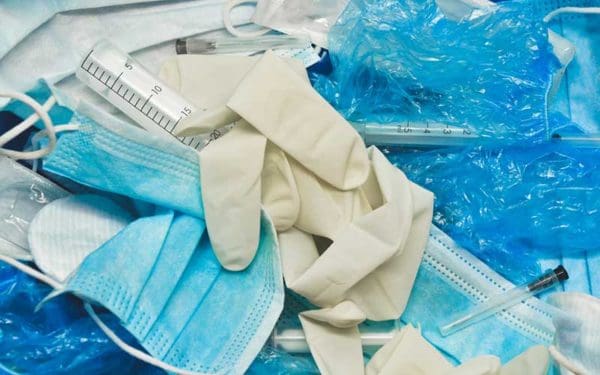 |
June 15, 2020 | Burning Trash to Create Energy is Not the SolutionThe waste industry claims that their so-called “waste-to-energy” technologies can help combat the climate crisis by reducing climate-damaging emissions. But these claims are misleading and inaccurate. Burning trash to create energy will not solve the climate crisis or our growing waste problem. | 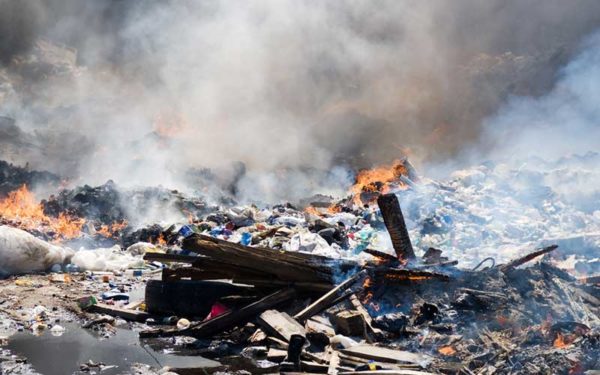 |
June 15, 2020 | Giving Native River Herring a Second ChanceThousands of dams, large and small, built over the last 250 years have cut fish off from freshwater spawning grounds, thwarting reproductive cycles that had been ongoing for eons. The impacts of these dams, on top of pollution, overfishing, and climate change, have led to a drastic decline in river herring populations – threatening their survival. |  |
June 10, 2020 | Why COVID-19 Is Hitting Some Communities HarderCOVID-19’s unequal impact on our communities has laid bare stark realities about health, wealth, and housing. As our Healthy Neighborhoods Study has shown – and as the map of COVID-19 infections bears out – low-income and people of color face community-level stressors resulting from public health inequities and environmental injustices. These stressors result directly from decades of discriminatory housing policy. | 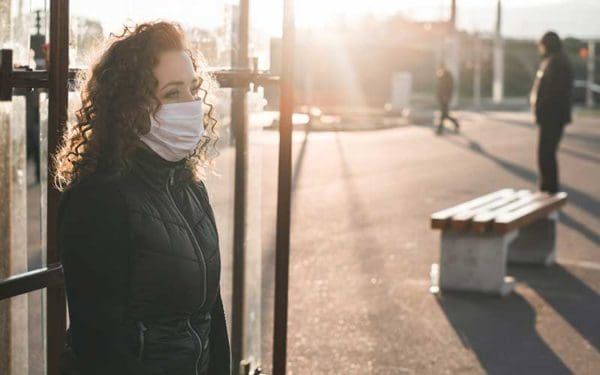 |
June 10, 2020 | Should You Ditch Your Reusable Bags? No.The plastic industry has been trying to take advantage of the pandemic to maximize profits. But fueling fear during a public health crisis is outrageous and must be called out. To truly protect public health and the environment long-term, we need full-scale reuse systems. | 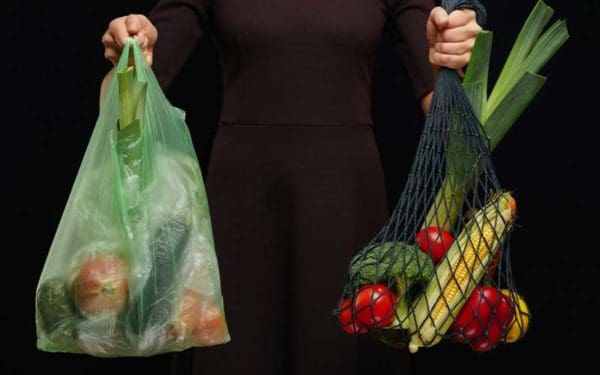 |
June 9, 2020 | Connecticut’s Bottle Bill is Back After Services Were ReducedAt the outset of the COVID-19 pandemic, staffing concerns caused many New England states with bottle return programs to temporarily stop enforcing collection requirements at grocery stores, supermarkets, and liquor shops. Connecticut was among the states pressing pause on bottle bill enforcement. But as of May 20, the state’s Department of Energy and Environmental Protection (DEEP) has reinstated bottle collection requirements at these retail sites. | 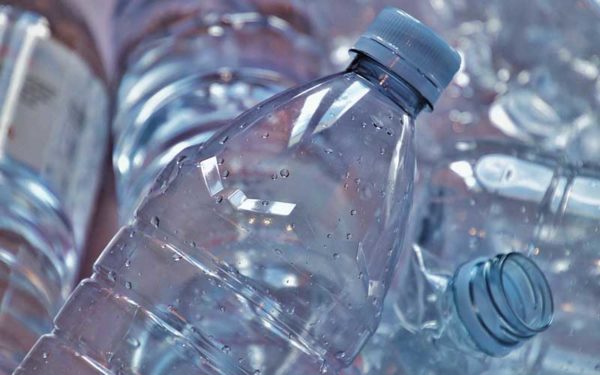 |
June 5, 2020 | Trump Guts Protections for Atlantic Marine Monument – That’s IllegalAs the nation grapples with the pandemics of racism and COVID-19, President Trump decimated protections for the Atlantic’s only marine national monument, the Northeast Canyons and Seamounts. That’s illegal — and CLF and our partners will fight this rollback. |  |
May 28, 2020 | The Real Fishwives of Cashes LedgeA key step to saving Atlantic cod is protecting the mother fish that lay exponentially more eggs than their smaller, younger counterparts. Protecting area where these BOFFFFs, or Big Old Fat Fertile Female Fish, live and spawn is crucial to a healthy cod population. |  |
May 21, 2020 | How to Make Transportation Safer During the PandemicIn the midst of the COVID-19 pandemic, authorities are not doing enough to protect public transit workers or their passengers. Stronger safety measures, including providing personal protective equipment and more frequent service on busy routes, must be implemented immediately – especially with stay-at-home directives beginning to ease. | 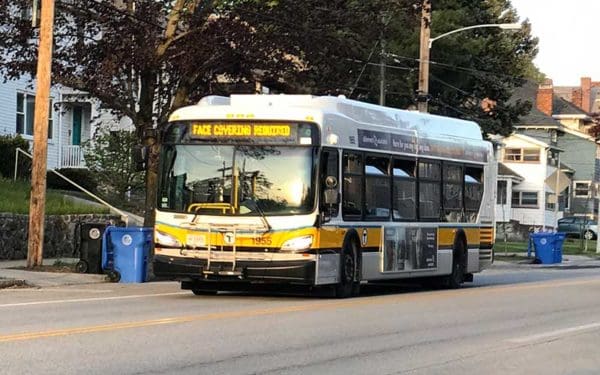 |
